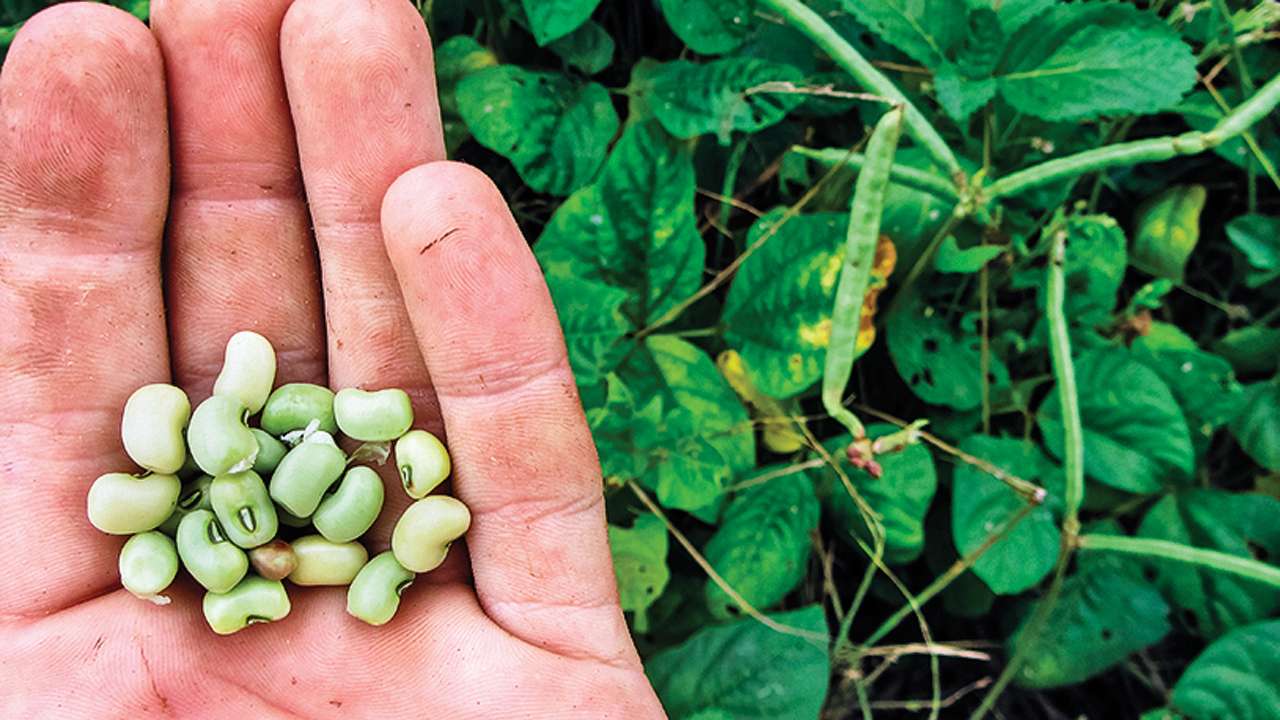
If you live at the edge of a metro, in a peri-urban area like I do, then the agrarian crisis is not something one only reads in newspaper editorials, it is visible all around. As urbanisation marches on relentlessly, the government stakes claim to the agrarian land in the borders to sell to the developers who build apartments or office spaces or malls here. About a decade ago farmers were protesting this claim and unwilling to give up the land they owned for generations. Now, there is less protest as they are happy to get a good price for the land, quit farming and start some other venture or get a salaried job. In the villages of Greater Noida and Noida, almost no land is left which belongs to the farmer.
Agriculture is beset with problems. Lack of or unseasonal rains, poor yield from the land, low price of the crop for the farmer, landlessness and debt being some of the bigger issues. The farmer suicides in the Vidarbha region are stark evidence of the crisis. The green revolution and its preoccupation with yield, made the use of chemical fertilisers an entrenched practice among farmers. I recently met a young man from Etah, in Uttar Pradesh, who quit farming to become a yoga teacher in Noida. He narrated with feeling how when he was a boy their family would get everything they ate from their own land: bajra, wheat, dal, vegetables. But the land’s yield became poorer with each passing year and now they got only one fasal. “Chemical daal daal ke mitti ki shakti khatam ho gayi,” he told me sadly. When he tried organic farming, other farmers discouraged him because it would take three years for the soil to soak up the nutrients and then start giving results. For a family which depends solely on the land for its survival, three years was a long time, so they gave up. Like thousands of other farmers in India, they are caught in the loop of fertilizer-dependent agriculture. “There is nothing but despair, in farming,” said the young man.
Coincidentally, soon after this conversation, I had a chance to visit Beejom, an organic farm on the floodplains of the Yamuna, on the Delhi-UP border. It is a creation of Aparna Rajagopal, a product of the National law School in Bangalore, who now is an urban farmer. When she first leased the land in 2014, there was just sandy soil on the banks of the Yamuna where local tenant farmers grew some crops, facing the same issues of depleted soil and erratic yield.
In three years, the ten acres have been converted into a thriving farm teeming with life, both flora and fauna. There are wheat and toovar dal crops, beds of all kinds of vegetables, including Swiss Chard, kale and niche south Indian plants like maanga inji (mango-ginger). Rows of drumstick trees line the path that ends at the river. The children of local farmers and cowherds who work on the farm attend a learning centre supported by volunteers.
There is a life-affirming quality about the place, about the very act of creating so much goodness from the land and taking along so many people on that transformative journey.
The key to this success is dung. Dung of 106 cattle, an equal number of bulls, horses, two pigs, a herd of goats, a cackle of geese and roosters. Through Googling, Rajagopal learnt how to make fertilizers using animal dung and pesticides using plants like neem and mixing it with cow urine. “Mulch not milch” says a board in Beejom, which could be a pithy mission statement of the place.
The bulls and cows in the barn are all Indian breeds-Red Sindhi, Gir, Sahiwal, Tharparkar and a host of others. They have been procured from Kerala, Tamil Nadu , Ranchi and other places — some in good health, others rescued from being taken to slaughterhouses.
The Organic Farming Association of India (OFAI) was set up in the year 2002 by a group of early organic farmers. Last November the Ministry of Agriculture held ‘The Organic World Congress’. Over the years, the number of organic farmers in India has grown substantially with several educated urban professionals turning to land. Six professionals, including civil engineers and corporate lawyers, practice subsistence agriculture in Khedi Bhanota village in Greater Noida using heirloom seeds and natural pesticides. A pair of sisters has become organic farmers in Mukteshwar, Uttrakhand. Bangalore has several such farms. Nonetheless, organic produce is out of the reach of common people, remaining a higher priced alternative in selected outlets. With fertilizer subsidies continuing, it will be a while before organic farming becomes more mainstream.
The writer is the author of the book Urban Villager: Life in an Indian satellite town